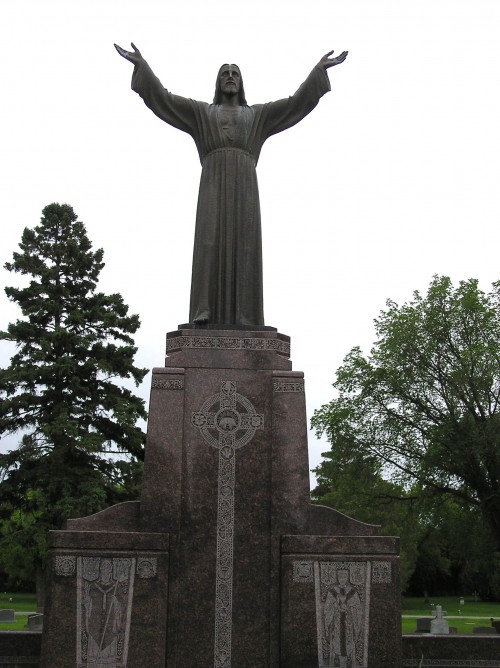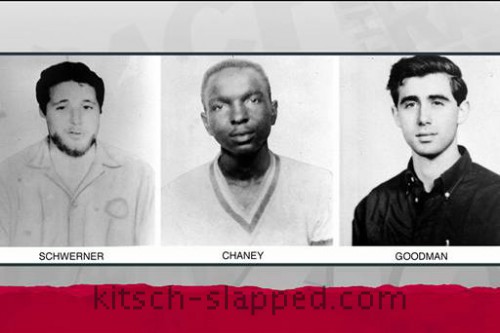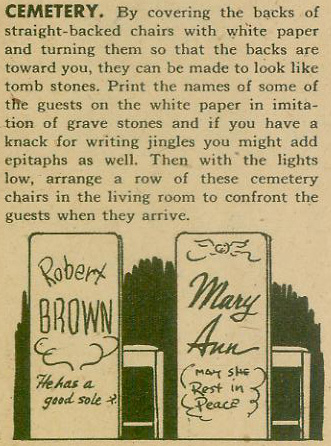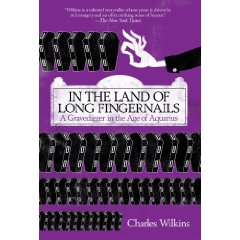Birthdays are a time of reflection — but don’t worry, this isn’t one of those sentimental personal pieces full of beauty and gratitude, a wistful and wise piece about aging, or even one of those sad yet triumphant stories of survival. While I have moments of deep gratitude, brief bits of wisdom, and small moments in which I feel triumph sits on the horizon like a ship I can see and might one day board, I’m still working on all those things.
Instead, this birthday is like most birthdays since I was to turn 16. That year I told my parents that I didn’t need or deserve a party; I had achieved nothing and they deserved the credit for having kept me alive. Today I feel rather the same — only with a much heavier sense of futility. For in 48 years, neither the world, my status in it, nor my feelings about it has changed much.
I was born on June 21, 1964; I joined this world, as Michael Schwerner, Andrew Goodman and James Chaney left it. My mother’s screams may have been dulled by the twilight sleep of that time’s hospital deliveries, but I passed through the same veil, entered the ether echoing with the agony, pain, and fear of those men, their families and friends, and all who possess any shred of humanity… And I have lived in a country filled with those sounds and the stink of racism ever since.
I was born white; but such privilege doesn’t preclude the ability to know how wrong racism is, to hate what separates and enslaves. …To feel the futility of such efforts even to educate that we the privileged have an obligation to do what is right is a heavy rope around my own neck.
I was born a girl; I joined this world with my rights up for debate and my womb under the control of others men. Any progress towards equality and the right to my own person has been met with struggle, abated with state allowed terrorism, and, indeed, is being wrestled away as I sit here today. Such abuse, rape, and control by the state fills me with the same pain, indignity, helplessness, and shame as the abuse, rape, and control experienced at the hands of individuals. …And then there are the more subtle, less violent, means of control — disrespect, dismissing, muzzling, belittling, economic inequality, shaming — used to assert government control, which perpetuates the abuses by individuals.
I was born “straight”; but, like being white, I know that my privilege of heterosexuality obligates me behave as a human being towards my fellow human beings. Ostracization and inequality based on orientation &/or gender identity is still in practice, in vogue in some places. It sickens, saddens, and wearies me as if it were my own personal struggle. …Then again, since this is very much tied to male power, beliefs about sexuality, it really mirrors — nay, is, my personal struggle.
I was born without silver spoon in mouth, or nearby. My parents worked tirelessly to provide a better future for their children. It was achieved; but brief. Those born with silver services and gold flatware have worked just as tirelessly to ensure that the poor and middle class would assume their place at the feet of their economic masters. I now work tirelessly to ensure my children survive; “thrive” is a question which lies under the boot heels of social and economic masters — i.e. wealthy white men and their corrupt corporations which are allowed human status.
Survival isn’t as easy as it sounds.
So you’d think I could hang my proverbial birthday hat on that, give myself some credit for just having made it to 48.
But I am just too tired.
Too tired to even go, as is my birthday custom, and visit graveyards and cemeteries. For when I see how the nuns who gave their lives in service and faith are buried like paupers, adoringly facing the monuments of their male leaders — presumably to serve even in death, I cannot bear the energy such emotion evokes. Not even when I see that the little cement slabs which mark where the nuns lay are less lavish, less cared for, than the markers for the never-born, the aborted. Really? Are female lives given in such service worth so little that they must still be treated as less-than virtual beings, ideas of beings?! It’s all just too-too much.
A lifetime of so little progress is just too much.




